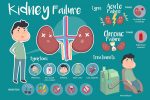Edema, or water retention, is a condition manifested by swellings in the ankles, feet, legs, and hands. These swellings are a result of the accumulation of fluids in the cavities, circulatory system, and the tissues.
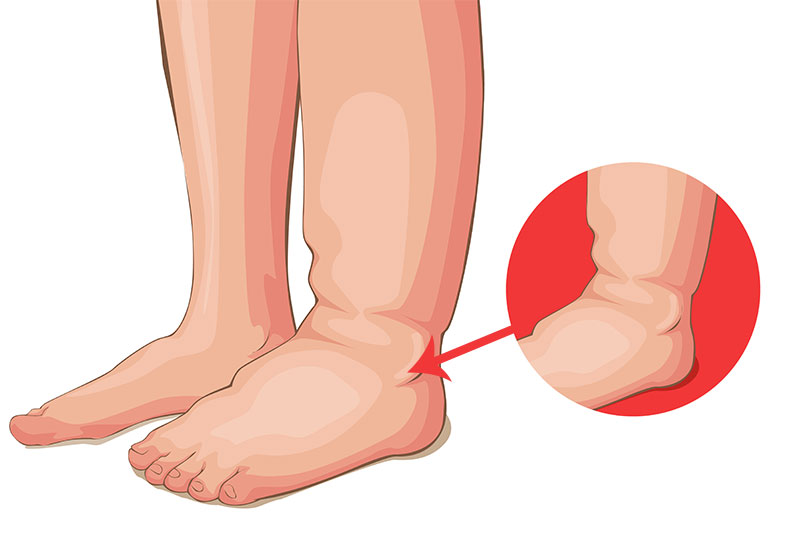
Edema most often appears in the case of menopause, pregnancy, burns, physical inactivity, the use of contraceptive pills and any other pill containing estrogen, poor diet, and medications like vasodilators and NSAIDs.
Its root cause determines its symptoms which typically develop gradually, and it can be specified by blood and urine tests, liver function tests, heart function tests, or X-ray.
In most cases, edema is not serious, but there are times when it might pose a serious health risk if it is a result of diabetes, kidney disease, heart failure, or liver disease.
Edema is unfortunately very common, and it affects about 4.4 million Americans. Therefore, it is important to know its main causes and the ways you can treat it.
These are the main culprits for water retention:
Dehydration
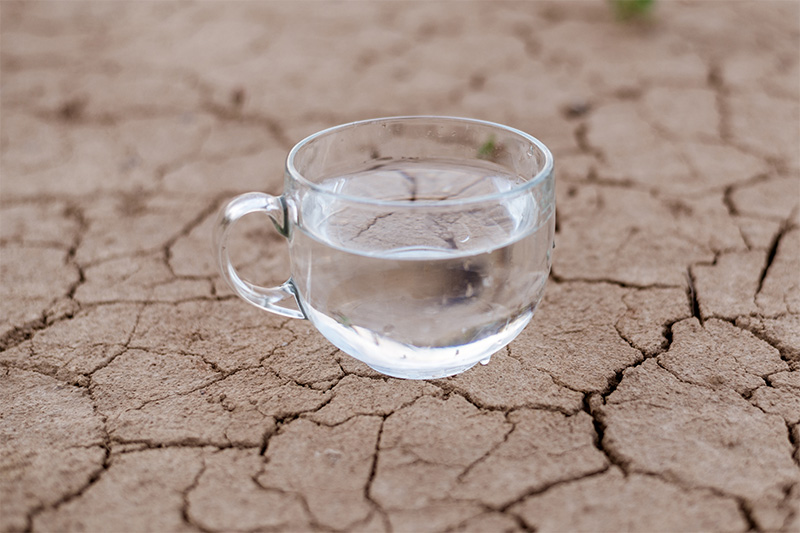
When not properly hydrated, the body retains water, causing swellings in the hands, legs, feet, and ankles. Therefore, avoid coffee and soft drinks and drink lots of water to keep the body hydrated.
Excessive Sodium Intake
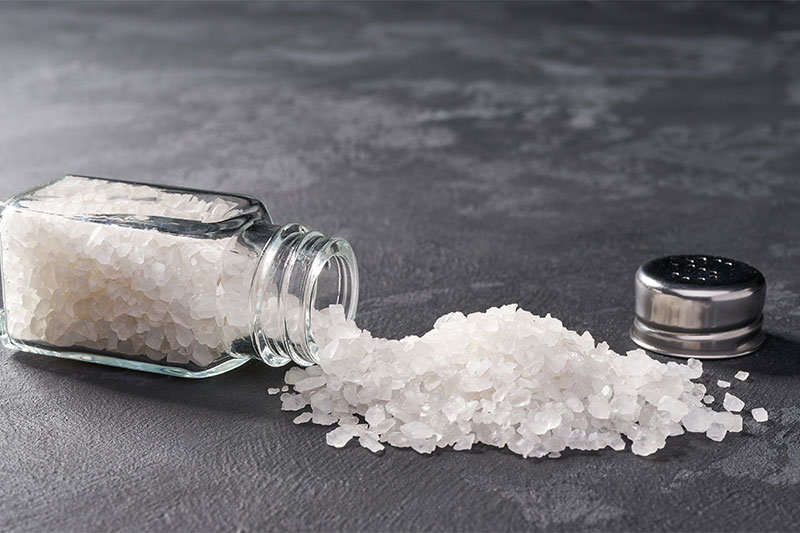
Edema often occurs when the body begins to use the reserves of water it has, which is often the case when the person excessively consumes sodium-rich foods. Hence, make sure you avoid these foods and consume Celtic and Himalayan salt instead.
Sodium might be found in foods you wouldn’t expect it to be added to, like all processed foods, condiments, processed meat, and canned veggies.
Vitamin B6 Deficiency
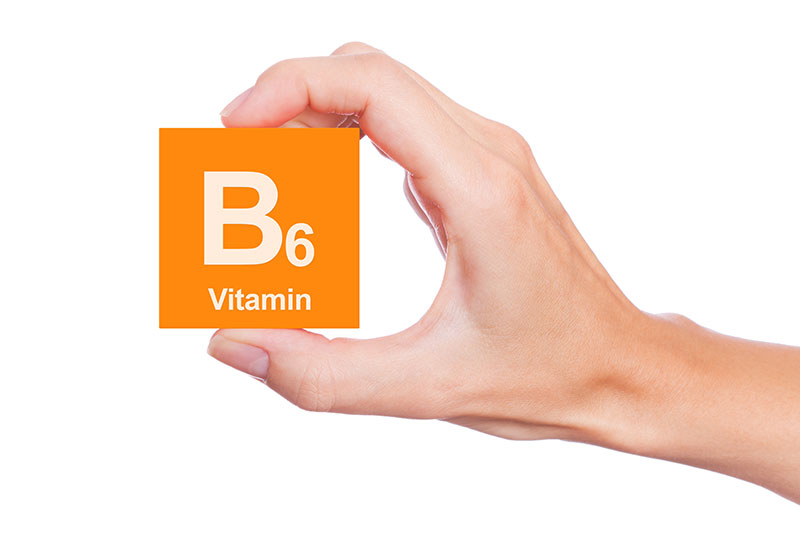
This vitamin is crucial in numerous processes linked to water balance in the body, so its deficiency might cause edema. The Journal of Caring Sciences published a study in which women with premenstrual syndrome received this vitamin on a daily basis, and experienced great improvements soon.
As it is a water-soluble vitamin, you should consume it through chicken, bananas, tuna, potatoes, turkey, dried fruits, pistachio nuts, lean beef, and sunflower seeds.
Excessive Consumption of Processed Foods
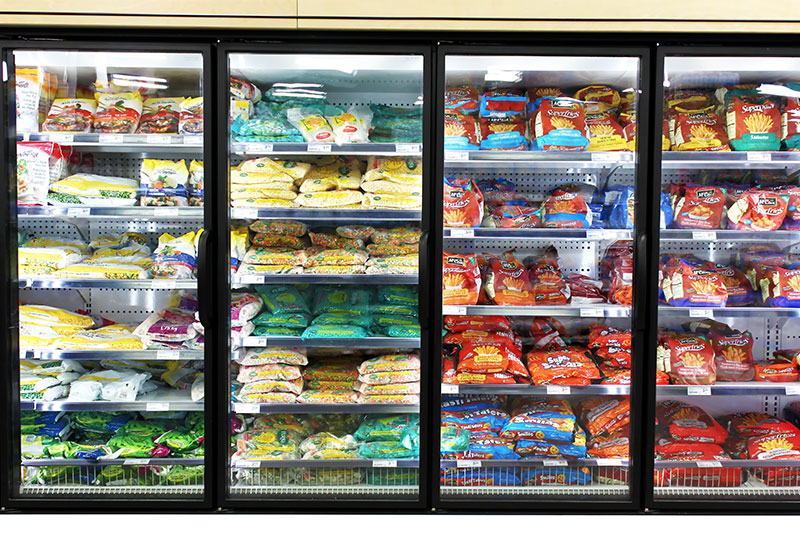
Processed foods are high in sodium and sugar, as well as numerous toxic chemicals which put pressure on the liver and kidneys, and thus raise the risk of edema.
These foods are also high in sugar and artificial sweeteners, which lead to insulin and blood sugar spikes.
Magnesium Deficiency
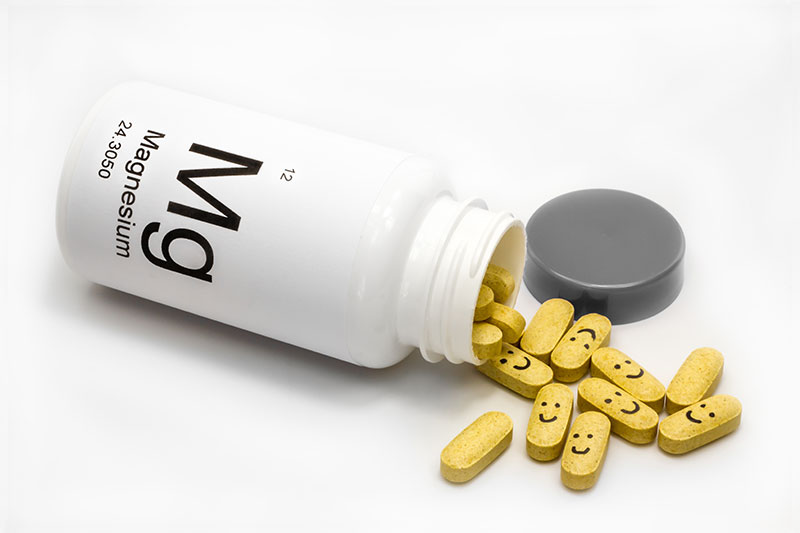
The reduced levels of magnesium in the body inhibit the proper function of numerous vital bodily systems, and thus lead to edema. A research on this topic found that the intake of 200 milligrams of magnesium daily might reduce edema in women with PMS symptoms.
You should take magnesium supplements and consume more foods rich in it, such as spinach, whole grains, nuts, dark chocolate, and avocados.
Potassium Deficiency
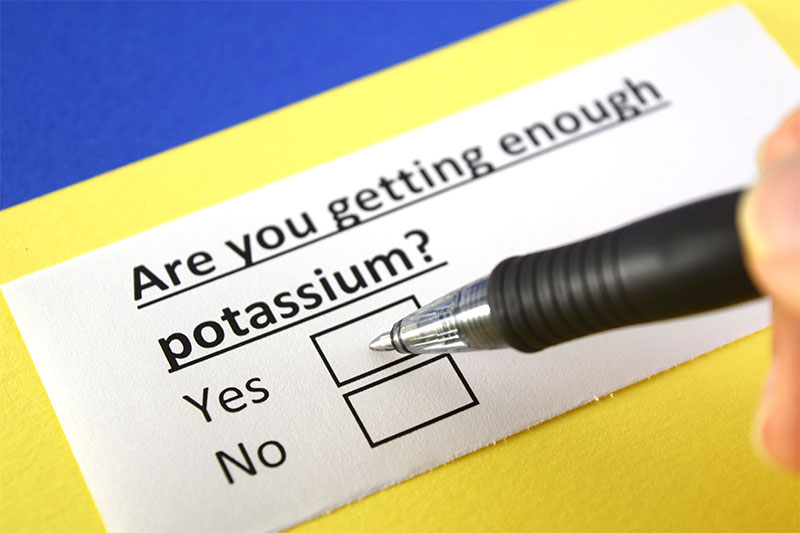
Potassium is extremely important for the function of cells, tissues, and organs in the body. It also plays a role in the maintenance of water balance, so its low levels lead to water retention and issues like weight gain, cramps, and muscle cramps.
As a result of its ability to reduce sodium levels, it is able to reverse edema. It is found in fruits, and especially in honey melon, watermelon, and rockmelon.
To reduce edema, you can use numerous natural plants which have potent diuretic properties. These include garlic, dandelion, corn silk, nettle, fennel, parsley, horsetail, and hibiscus.

